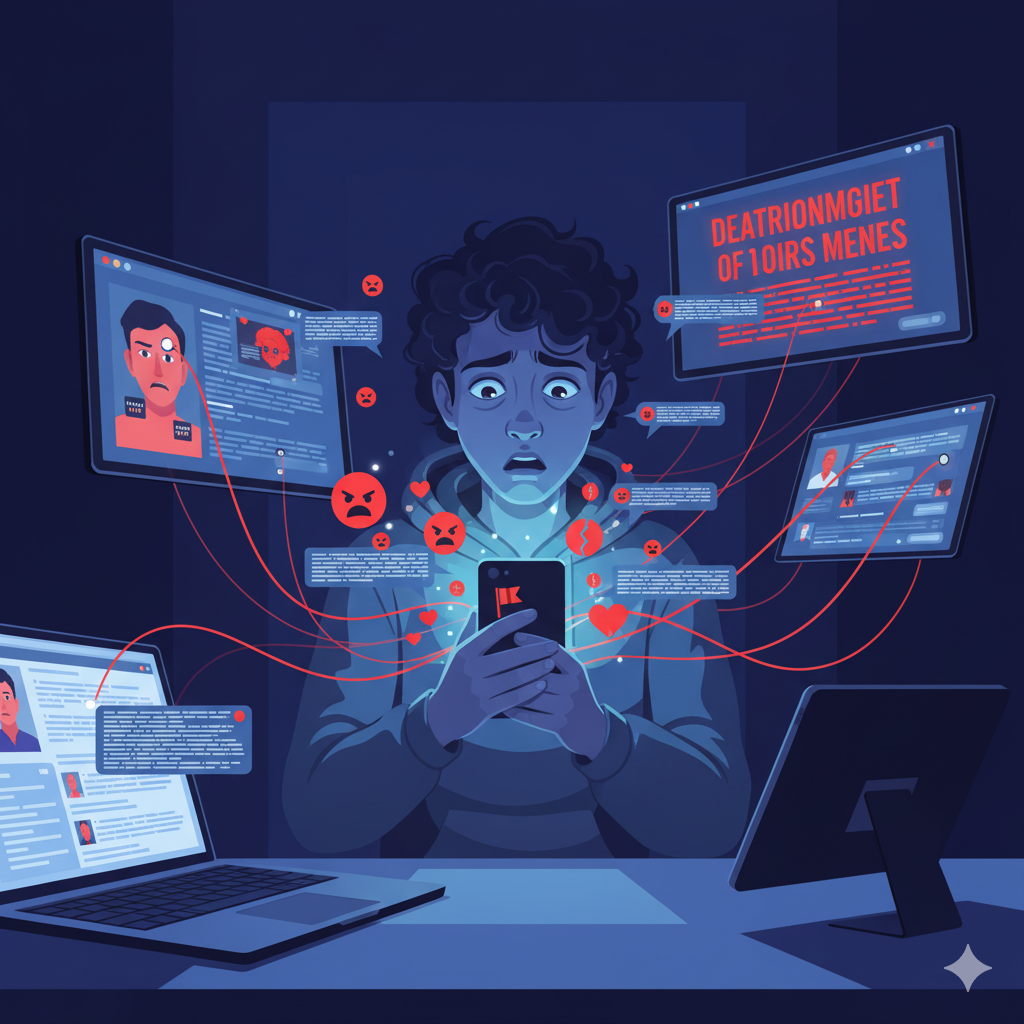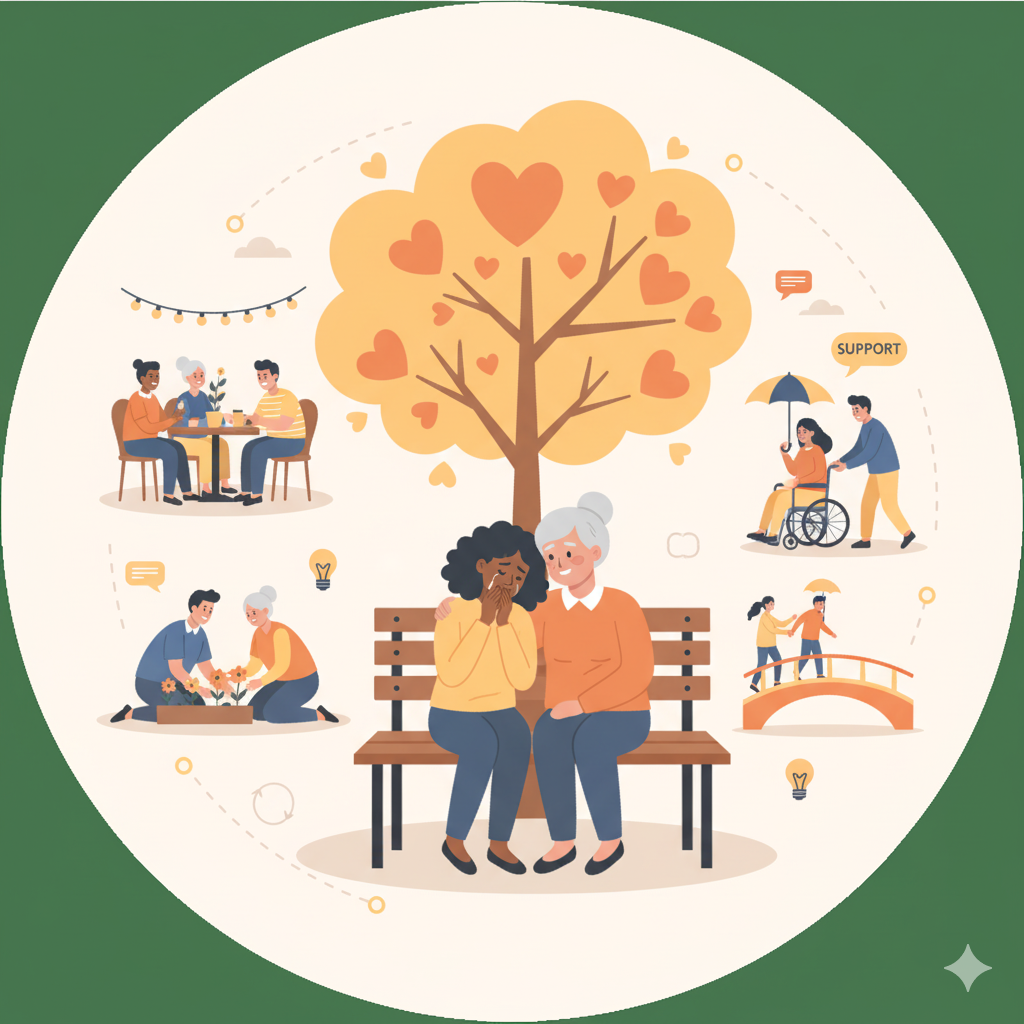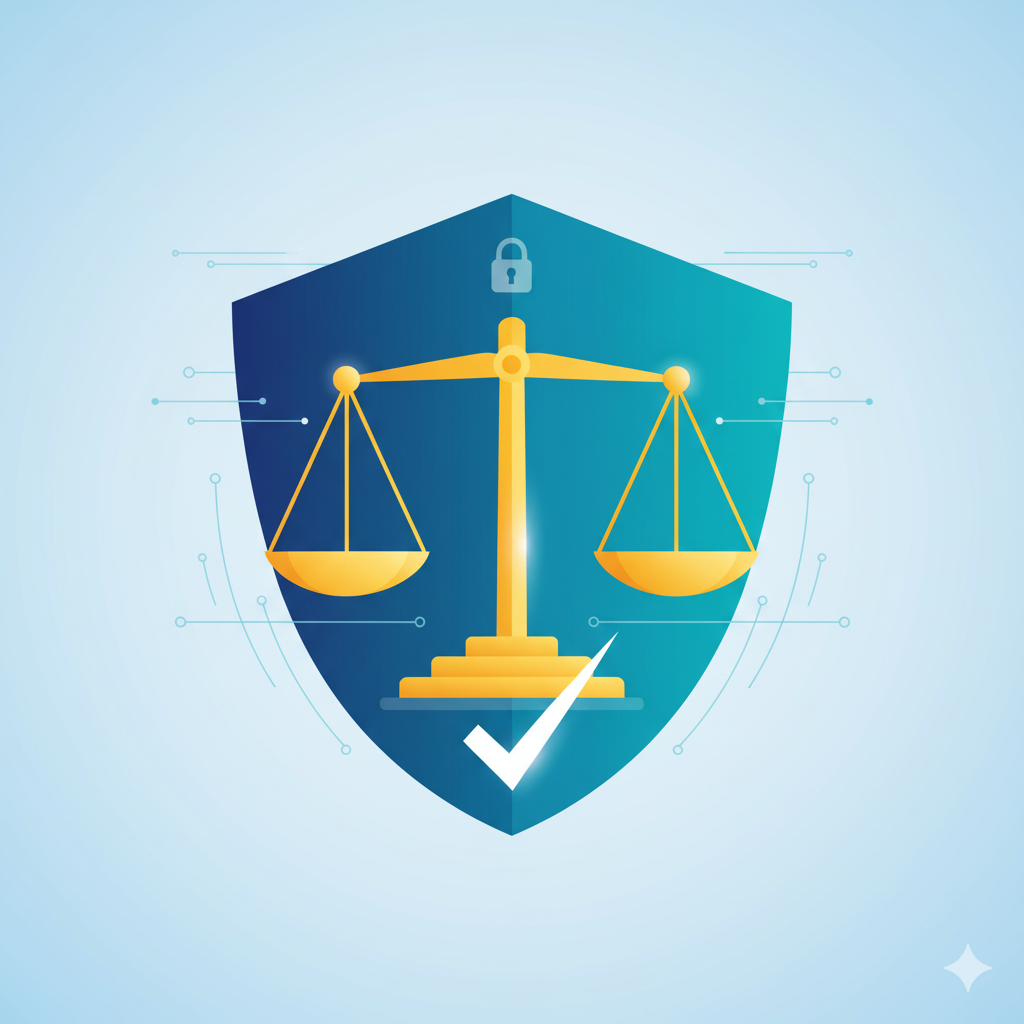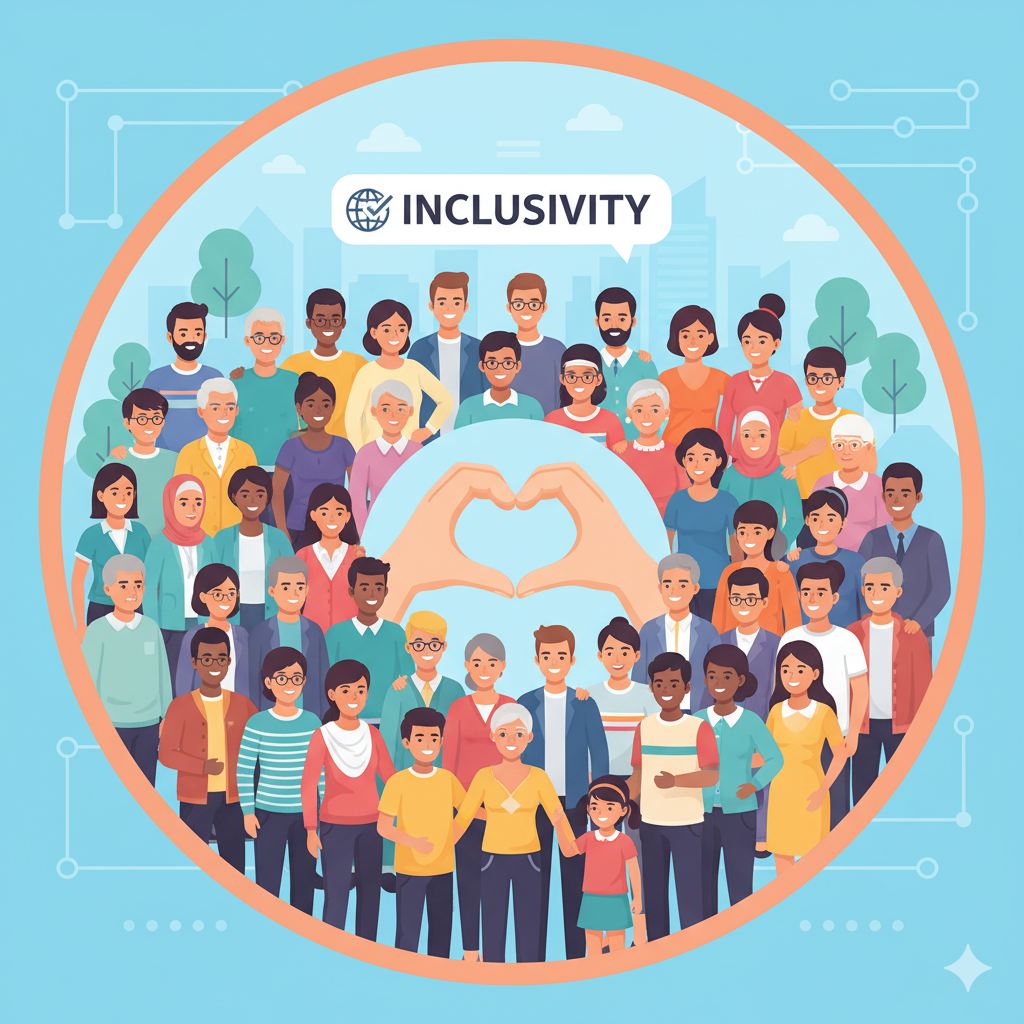📚 Learn About Cyberbullying
Understanding what cyberbullying is and how it affects people is the first step toward prevention, intervention, and healing. Knowledge empowers us all to create safer online spaces.

Understanding what cyberbullying is and how it affects people is the first step toward prevention, intervention, and healing. Knowledge empowers us all to create safer online spaces.

Understanding the definition helps us recognize and address it

Cyberbullying is the use of digital technology (including social media, messaging apps, gaming platforms, and mobile phones) to harass, threaten, embarrass, or target another person. It involves repeated, intentional harm conducted through electronic means.
Unlike traditional bullying, cyberbullying can occur 24/7, reach victims anywhere, and spread quickly to large audiences. The digital nature often creates a permanent record of the harassment.
Repeatedly sending offensive, rude, or insulting messages to someone. This includes targeting someone in group chats or comments sections.
Creating fake accounts or profiles pretending to be someone else to damage their reputation or relationships.
Intentionally excluding someone from online groups, games, or activities to make them feel isolated or left out.
Sharing someone's private information (address, phone number, photos) publicly without consent, often with malicious intent.
Sending messages that threaten physical harm, spreading fears about personal safety or wellbeing.
Sharing, manipulating, or threatening to share embarrassing or intimate photos or videos without consent.
Cyberbullying has real, serious effects on mental and physical health

If you're experiencing cyberbullying, what you're feeling is valid and real. Cyberbullying can have profound effects on emotional, psychological, and physical wellbeing. Recognizing these effects is important for seeking appropriate support.
You have rights, and there are laws to protect you

The Online Safety Act provides comprehensive legal protections for victims of cyberbullying and online harassment. This legislation recognizes that online abuse is real abuse and provides mechanisms for reporting, accountability, and justice.
You have the legal right to report cyberbullying to authorities, schools, and online platforms. Reports must be taken seriously and investigated appropriately.
Platforms are legally required to remove harmful content, including threats, harassment, and non-consensual intimate images, when reported.
Social media and online platforms must have clear reporting mechanisms and respond to complaints about bullying and harassment.
Perpetrators of cyberbullying can face legal consequences including fines, restraining orders, and in severe cases, criminal charges.
Victims can seek legal protection orders to prevent further contact or harassment from perpetrators.
You have the right to privacy. Sharing your personal information without consent or creating fake accounts in your name is illegal.
Cyberbullying doesn't discriminate - it can happen to anyone
Cyberbullying affects people of all ages, genders, backgrounds, and walks of life. While young people are particularly vulnerable, adults can also be targets. No matter who you are, if you're experiencing cyberbullying, your experience is valid and you deserve support.

"You are not alone. Millions of people have experienced cyberbullying. Seeking help and speaking up is courageous and important."
Now that you understand cyberbullying, here's how to move forward
If you're experiencing cyberbullying right now, access emergency contacts and report options.
Learn practical strategies to protect yourself and others from cyberbullying.
Explore additional resources, support organizations, and educational materials.